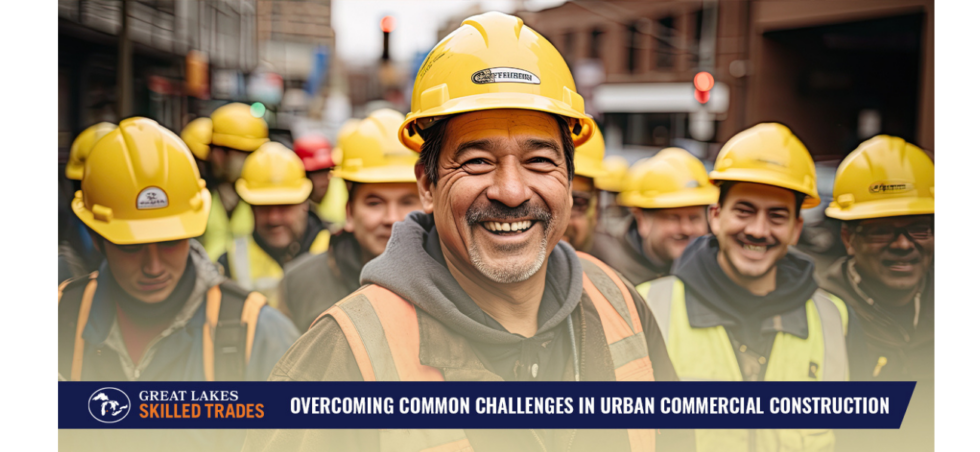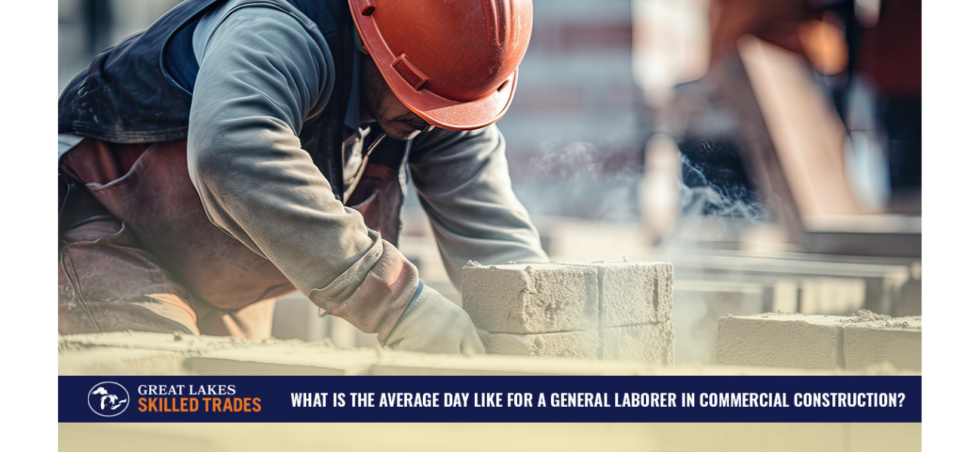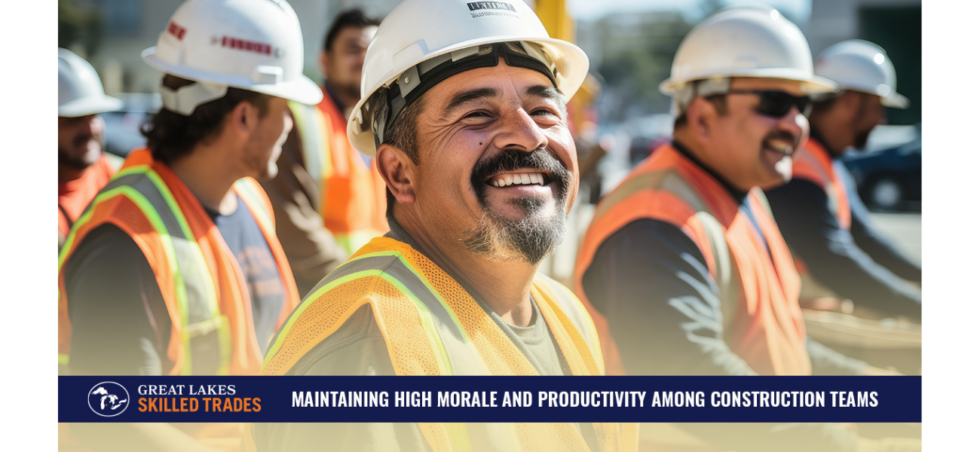The construction industry can be an exciting place to build a career. But with so many different skilled trades to choose from, you might not know where to begin. Fortunately, you can start to zero in on which type of construction career is right for you by asking yourself a series of questions.
What Type of Work Excites Me?
Many people who end up choosing a construction career already have some familiarity with different tasks. Maybe you’ve always enjoyed repainting your bedroom or building furniture. Perhaps you helped your uncle rewire his vacation home or assisted your mom with replacing the bathroom tile. Think about the different experiences you’ve had and what you really liked about them.
What Are My Skills and Strengths?
Are you detail-oriented or more of a big-picture person? Do you find more satisfaction in working with your hands directly or operating large machines? Maybe you’re a master at reading blueprints or exceptionally skilled at making oddly sized pieces of metal fit together.
Do I Want to Be a Manager or a Master Craftsperson?
Some construction career paths lead more directly toward management positions. Others focus on spending decades perfecting their craft. While it’s generally easy to switch directions, if you already have a long-term goal in mind, it only makes sense to take a position that leads toward that goal.
Am I Willing to Pursue Further Education or Training?
On-the-job training can take you a long way. But certifications or even college courses can help, especially if your goal is management. And more and more construction companies are starting to adopt new technologies. Some basic programming and robotics courses could be valuable for some career paths.
Do I Enjoy Working as Part of a Team or Do I Prefer Individual Tasks?
All skilled tradespeople are ultimately part of a team. But some tasks, such as welding, are generally performed alone. Whether you prefer the socialization of constantly working alongside others or the solitude of working on your own thing, there is a construction career for you.
There are no right answers, so don’t let this exercise stress you out. The goal is simply to understand yourself a bit better so that you can choose a construction career that makes sense for you. Talking it over with someone who knows the industry deeply, such as an expert recruiter at Great Lakes Skilled Trades, can help. And we won’t charge you a penny for the advice!
Ready for a New Skilled Trade Position?
At Great Lakes Skilled Trades, we specialize in connecting professionals in the skilled trades with contractors who need their services throughout the Great Lakes region. If you’re a skilled trade worker looking for your next position, check out our available jobs today!









